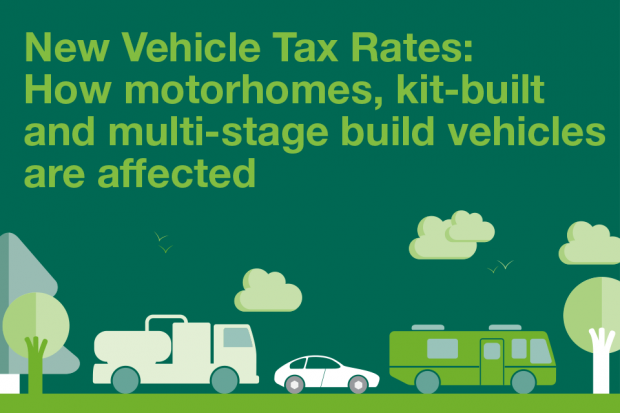The Government Veterinary Services (GVS) blog is a place for government vets to share stories about the interesting and varied roles they undertake.
The blog’s aim is to raise awareness of the range of career options available to vets in government to inspire veterinary graduates and non-government vets to consider a government veterinary career.
Vets from all government departments in the United Kingdom (UK) can get involved and contribute a blog.
Vets have worked in government for more than 150 years, protecting the animals and people of the UK against disease threats, and helping to improve animal welfare.
There are more than 600 vets employed in a range of government departments across the UK, with the majority (approximately 350) being employed by the Animal and Plant Health Agency (APHA). Other departments include:
- The Department for Environment, Food and Rural Affairs
- Welsh Government
- Scottish Government
- The Food Standards Agency
- The Food Standards Agency Scotland
- The Ministry of Defence
- The Centre for Environment, Fisheries and Aquaculture Science
- The Department for Agriculture, Environment and Rural Affairs (Northern Ireland)
- The Home Office
- The Defence, Science and Technology Laboratory
- Public Health England
- The Veterinary Medicines Directorate
Nigel Gibbens, UK Chief Veterinary Officer said:
Government Veterinary Services want to inspire veterinary graduates and vets in private practice to consider a career as a government veterinarian – there is no veterinary role that is wider in scope, impact and influence than that of a government vet.
As the Government’s Chief Vet, I’m thrilled that the Government Veterinary Services has given us the opportunity to create a platform to demonstrate the important role we play in protecting the livelihoods of farmers, the health and welfare of their animals and public health across the country.
The blog can be viewed at https://vets.blog.gov.uk/ and can also be accessed from the Government Veterinary Services GOV.UK page, a portal for veterinarians to find out more about the work of government vets. GVS supports public sector veterinary professionals and promotes veterinary policy to other vets and the public. It works to attract and retain talented individuals to the profession and improve the skills and capability of veterinary professionals across government.
You can subscribe to the blog to receive email updates when new blogs are posted.

